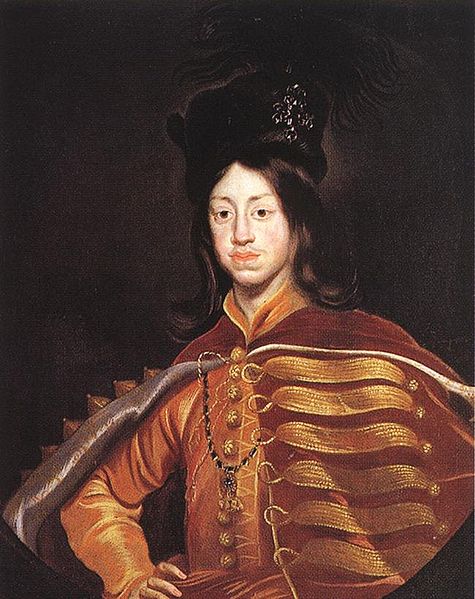Cothenius Medal is a medal awarded by the German National Academy of Sciences Leopoldina for outstanding scientific achievement during the life of the awardee. The medal was created to honour Christian Andreas Cothenius, who was the personal physician to Frederick the Great. In 1743, Cothenius became a fellow of the Leopoldina, later president of the learned society that had been created by Emperor Leopold I. When Cothenius died, he left a sum of money in his will to the society with the condition that the interest on the money should be used to award a gold medal, every two years by answering a question in medicine whereby some new truth could be established. Up until 1864, the award came with a prize but was then converted into an award for the promotion of research over the whole period of a person's life. Each medal bears the Latin inscription "Praemium virtutis salutem mortalium provehentibus sancitum".
The Cothenius medal
Image: Klaus Müllen Portrait
Image: Wolf Singer
Image: Bert hoelldobler 2010 public
German National Academy of Sciences Leopoldina
The German National Academy of Sciences Leopoldina, short Leopoldina, is the national academy of Germany, and is located in Halle (Saale). Founded on 1 January 1652, based on academic models in Italy, it was originally named the Academia Naturae Curiosorum until 1687 when Emperor Leopold I raised it to an academy and named it after himself. It was since known under the German name Deutsche Akademie der Naturforscher Leopoldina until 2007, when it was declared to be Germany's National Academy of Sciences.
Main building of Leopoldina in Halle
Leopold I of the Holy Roman Empire
Miscellanea Curiosa (1692)
An illustration of the Acta Eruditorum of 1712 where the Naturae Curiosorum Ephemerides were published








